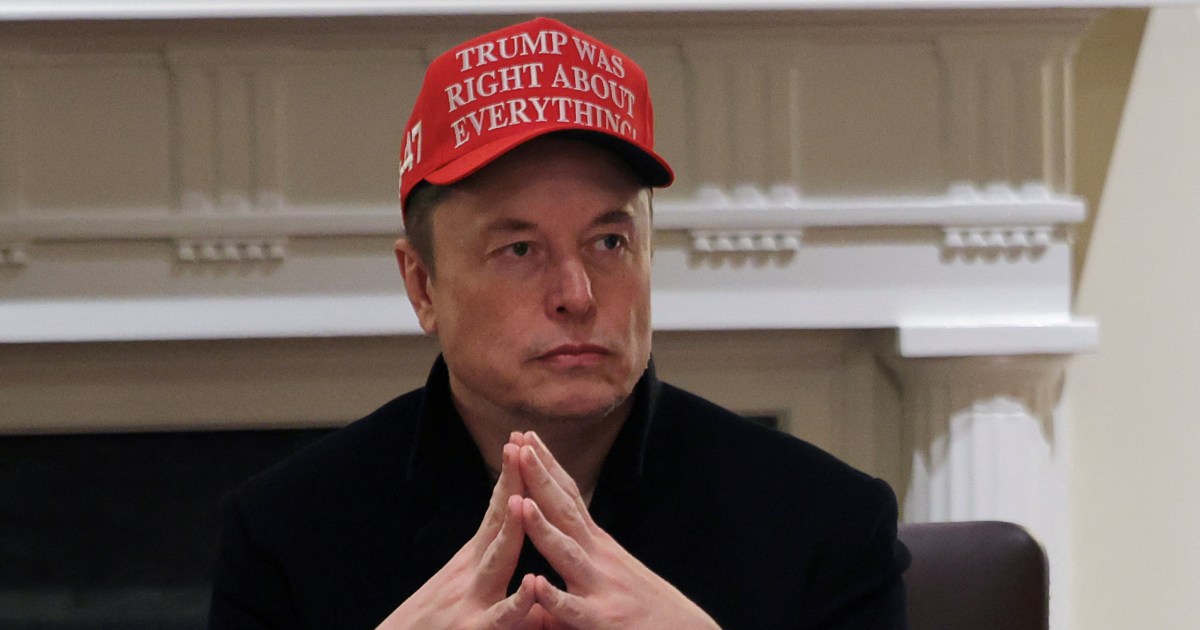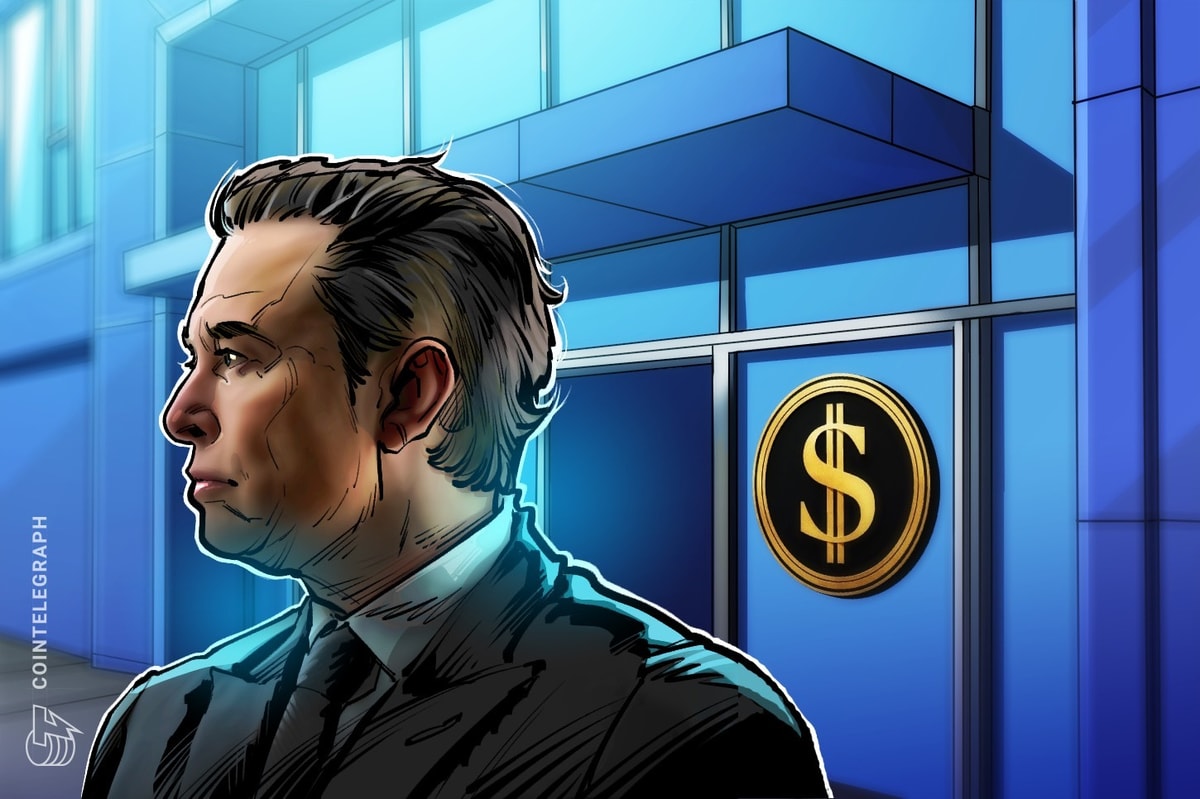Elon Musk Concludes Role in Trump Administration

Elon Musk, the billionaire entrepreneur, has announced his departure from his role within the Trump administration, where he served as a "special government employee." Musk led the newly formed Department of Government Efficiency (DOGE), with a stated ambition of reducing federal bureaucracy, cutting wasteful spending, and streamlining government operations. He revealed his exit on Wednesday evening via the social media platform X, stating that his scheduled time in the role was concluding.
In his announcement, Musk expressed gratitude to President Donald Trump "for the opportunity to reduce wasteful spending." He also asserted that the mission of DOGE "will only strengthen over time as it becomes a way of life throughout the government." Musk's tenure was legally limited; as a "special government employee," he could serve for a maximum of 130 days, a period that was reportedly due to end around May 30, 2025.
A White House official, speaking anonymously, confirmed Musk's departure and indicated that his "offboarding" process would commence immediately. According to reports from Reuters, the decision for Musk's exit was made "at a senior staff level," and he did not have a formal discussion with President Trump before making his public announcement on X. Errol Musk, Elon's father, commented to Sky News that his son was "not a very good politician" but maintained there was "no rift between Elon and Donald Trump."
Musk's departure followed closely on the heels of his public criticism of President Trump’s significant legislative proposal—a comprehensive tax and immigration bill that Trump referred to as his "big beautiful bill." Musk described the legislation as a "massive spending bill" that would increase the national deficit and undermine the cost-cutting efforts of DOGE. Speaking to CBS, he remarked, "I think a bill can be big or it could be beautiful, but I don’t know if it could be both." This critique resonated with some fiscal conservatives, with Senator Ron Johnson (R-WI) expressing sympathy for Musk's discouragement. President Trump, in response, defended the bill, acknowledging its complexities while stating he was "thrilled by other aspects of it."
The timing of Musk's announcement also coincided with a US court ruling that blocked President Trump from imposing sweeping global tariffs, with judges determining he had exceeded his authority. During his time at DOGE, Musk's efforts were not without controversy. His initial ambition to slash government spending by $2 trillion was progressively reduced to $1 trillion and eventually to $150 billion. His department faced criticism for drastic cuts to America's humanitarian efforts, and questions were raised about the actual extent of taxpayer savings achieved.
Musk himself voiced frustration with the challenges he encountered, telling The Washington Post, "The federal bureaucracy situation is much worse than I realised. I thought there were problems, but it sure is an uphill battle trying to improve things in DC to say the least." He reportedly clashed with other senior members of the Trump administration over his proposed reforms. Despite his departure, Musk insisted that DOGE would continue its mission to find savings within the government.
Concurrent with his government role, Musk faced increasing pressure to dedicate more attention to his private business ventures, including Tesla, SpaceX, and X. Sky News' US partner CNBC reported that a group of Tesla investors had penned an open letter demanding he commit at least 40 hours a week to the electric vehicle company. Errol Musk refuted suggestions that his son had neglected his businesses, highlighting Tesla's significant share price increase over the past year.









